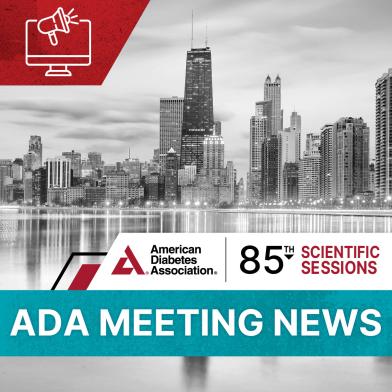Last weekend was the American Diabetes Association’s Scientific Sessions, the world’s largest diabetes conference – it’s a chance to find out about the latest and greatest advances in diabetes treatment, research, and tech. I did not attend; I’d like to say it was because I had a running race planned (in which I placed second in my age group! You can read about it here), but really, it was just too darn pricey for me.
But what a weekend it was! All the information I’ve been able to glean from my social feeds suggests it did not disappoint! Below are some of the top highlights of the conference. There are too many to mention in one post, so I’ll do another this week once I get to dive into all the tech updates. Enjoy!
Expanded CGM Access for Type 2 Diabetes
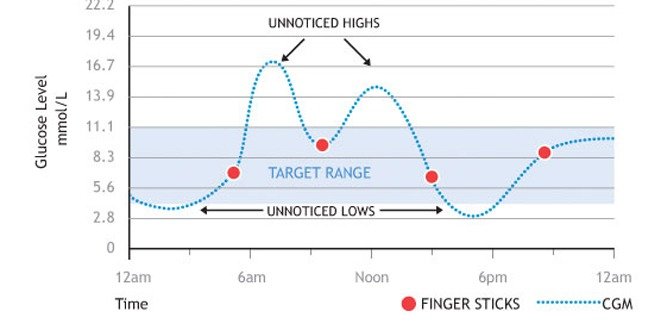
The 2025 ADA Standards of Care now formally recommend CGM use for adults with T2D treated with non-insulin medications—this is HUGE!. Although it’s not entirely new (the standards were released months ago), it’s definitely worth mentioning again. Click here for more.
GLP‑1 Therapies: Cardiovascular & PAD Benefits
There were several late-breaking and oral presentations highlighting new GLP-1 (semaglutide is just one of several in the class of GLP-1s) and combination therapies:

STRIDE, a high-profile study of semaglutide in T2D with peripheral artery disease (PAD), demonstrated consistent cardiovascular and PAD risk reduction across BMI, A1C, and disease duration, indicating expanded clinical benefits. Click here for more.
GLP-1 has been all the rage with weight loss benefits, but the REDEFINE Phase 3 trials featured cagrilintide + semaglutide combo (“CagriSema”), showing meaningful additional weight loss beyond GLP‑1 alone. Click here for more.
Beta Cell Regeneration & Replacement Therapies
The hope for a cure was alive and well at the sessions. Two featured cutting-edge cell and gene therapy works:
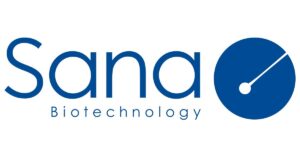
Sana Biotechnology presented six-month data demonstrating the survival, immune evasion, and insulin production of their UP421 islet implants, performed without immunosuppression in a patient with Type 1 diabetes. Click here for more.
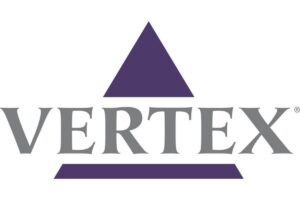
Vertex announced that their Phase 1/2 FORWARD‑101 trial of Zimislecel 10 of 12 participants became insulin-independent at 12 months, with restored C-peptide production and no severe hypoglycemic events post-90 days. Click here for more.
AI & Machine Learning for Personalized Insights

A session titled “From Glucose Streams to Phenotype Dreams” showcased AI tools that analyze CGM patterns to subtype Type 2 diabetes, identifying distinct pathophysiologic profiles (e.g., hepatic vs. muscle insulin resistance) for personalized care. Click here for more.
New Inhaled Insulin

Afrezza is a game changer – inhaled insulin as an alternative to injections. New results were released from Inhale 1, a pediatric inhaled insulin study, which provided evidence that Afrezza is a safe and effective replacement for the standard of care in children with type 1 diabetes (T1D). Click here for more.
Glucagon Awareness
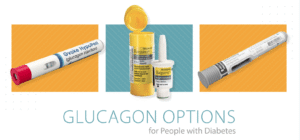
Despite glucagon’s value as a treatment for severe hypoglycemia, the prescription rate for glucagon remains low (~4% of insulin users). ADA guidelines now recommend ready-to-use glucagon for all individuals with insulin-treated diabetes. Experts emphasized the need to address cost, awareness, and technological ease to close this gap. Click here for more.
Stay tuned for a second update from the Sci Sessions… this time on all the new Tech!

